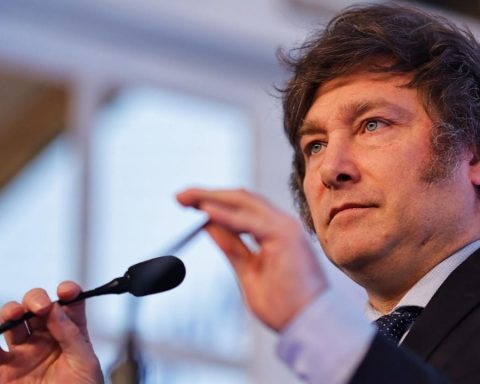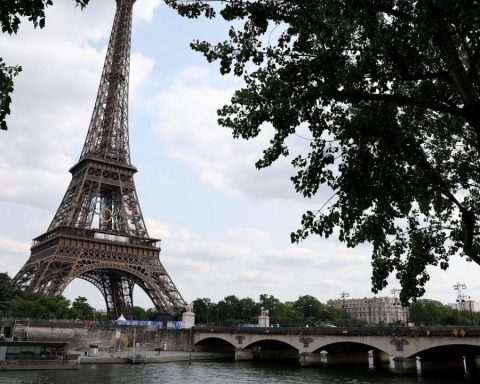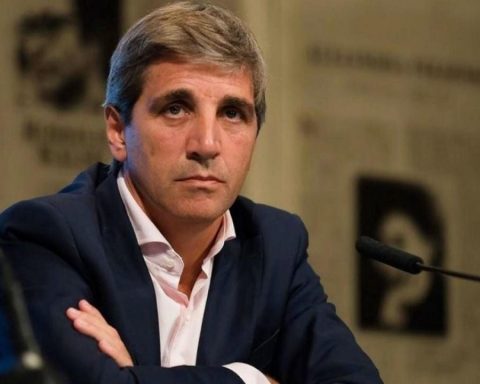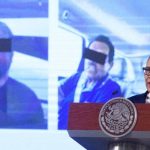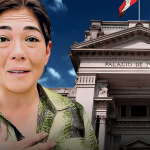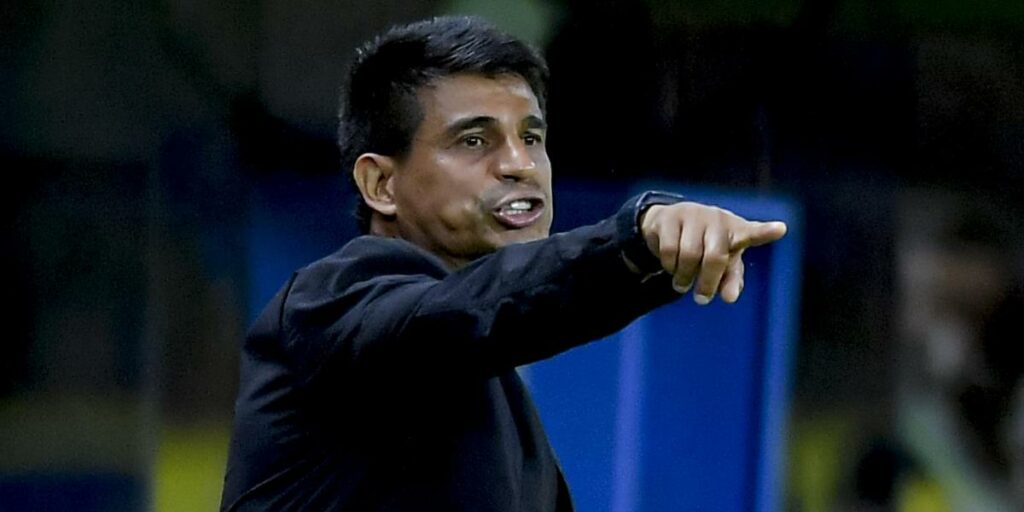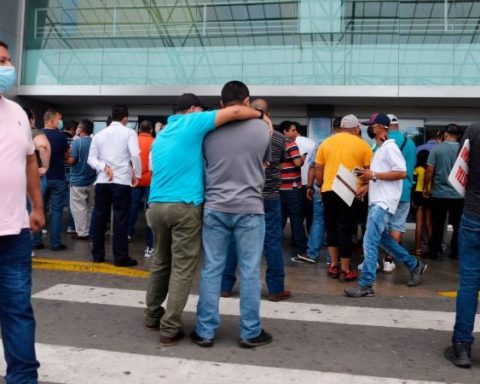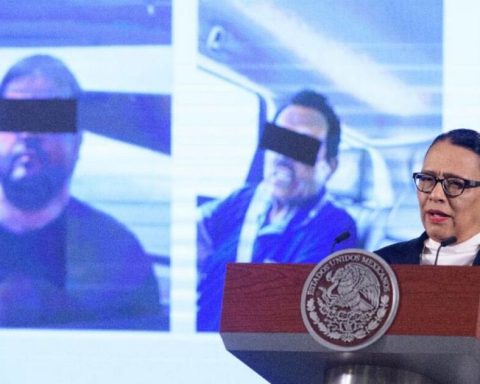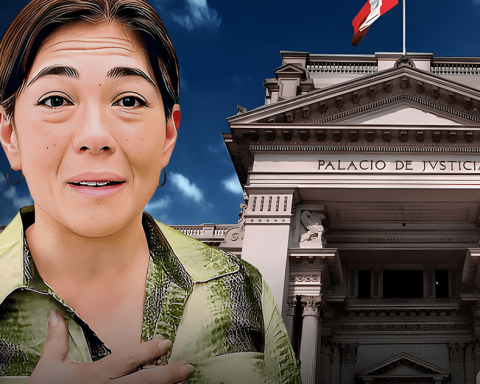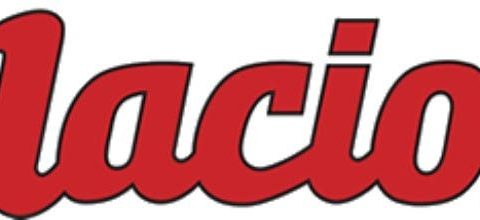The Economic and Social Council, an agency of the national government, advances with the 2023 work agenda, which will have axes in the “democratic coexistence” as well as in education for work, food security and the energy transition, official sources reported this Wednesday.
The CES deliberated last Tuesday at the Casa Rosada, convened by the Secretary for Strategic Affairs, Mercedes Marcó del Pont, in charge of the body created by President Alberto Fernández.
“The work that the organization will carry out was presented. The central axes of this agenda address democratic coexistence, education for work, food security and the energy transition”, Del Pont explained in statements released through a statement.
About the report
The letter indicates that the “guidelines were discussed by the councilors who participated in the meeting in the North Room of the Casa Rosada.”
During that activity, “The need to promote in Congress projects of high strategic relevance for the medium and long term that can be transformed into State policies was raised.”
Among those initiatives that the ESC considers to be a priority, Those of the “development of the hydrogen economy, the promotion of mortgage credit adjusted for salary value and the promotion of agro-industrial activity” were signed up.among others.
According to what has been stated, The meeting also “made it possible to begin discussing, together with the authorities of the Secretariat for Strategic Affairs, the guidelines of a draft law to institutionalize the CES.”

Who participated in the meeting
The Secretary General of the UOM, Abel Furlán; the Secretary General of the Banking Association, Sergio Palazzo; the head of the Argentine Chamber of Construction; Gustavo Weiss; the regional vice president of the UIA, Miguel Acevedo; the rector of the rector of the National University of Misiones, Alicia Bohren; the president of the Industrial Union of Salta, Paula Bibini; and the director of the Milstein Institute, Carolina Carrillo.
Also present were the pro-secretary of the Argentine Industrial Union, Carolina Castro; the president of the Self-management, Cooperativism and Work Federation, Ediht Encinas; the president of the Argentine Chamber of Commerce and Services, Natalio Grinman; the president of the Grain Exchange of Buenos Aires, José Martins, the member of CAMARCO, Iván Szczech; the Training Secretary of the Argentine Confederation of Medium Enterprises, Beatriz Tourn; and the general secretary of UPCN, Andrés Rodríguez.
The Economic and Social Council is a collegiate and citizen participation body for debate and the search for consensus on strategic priorities for the development of the country.
It was created in February 2021, through DN 124/2021 and works within the scope of the Secretariat for Strategic Affairs of the Presidency.

